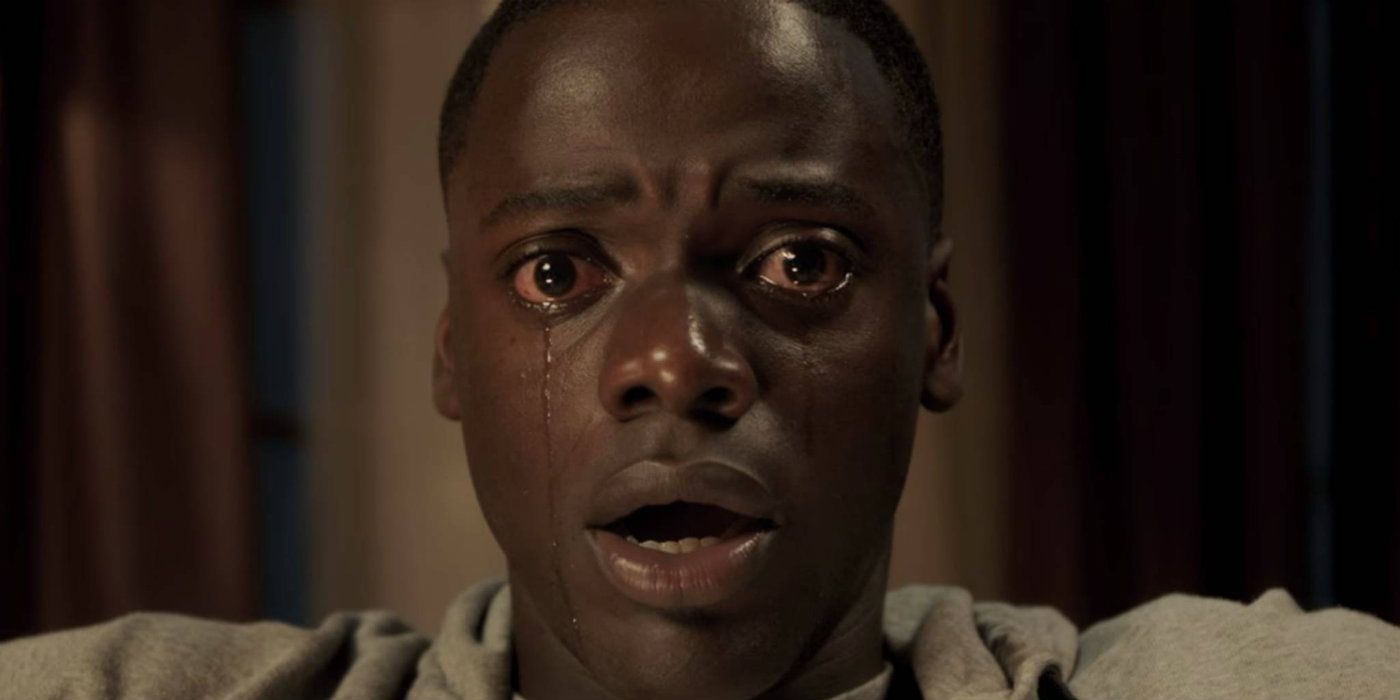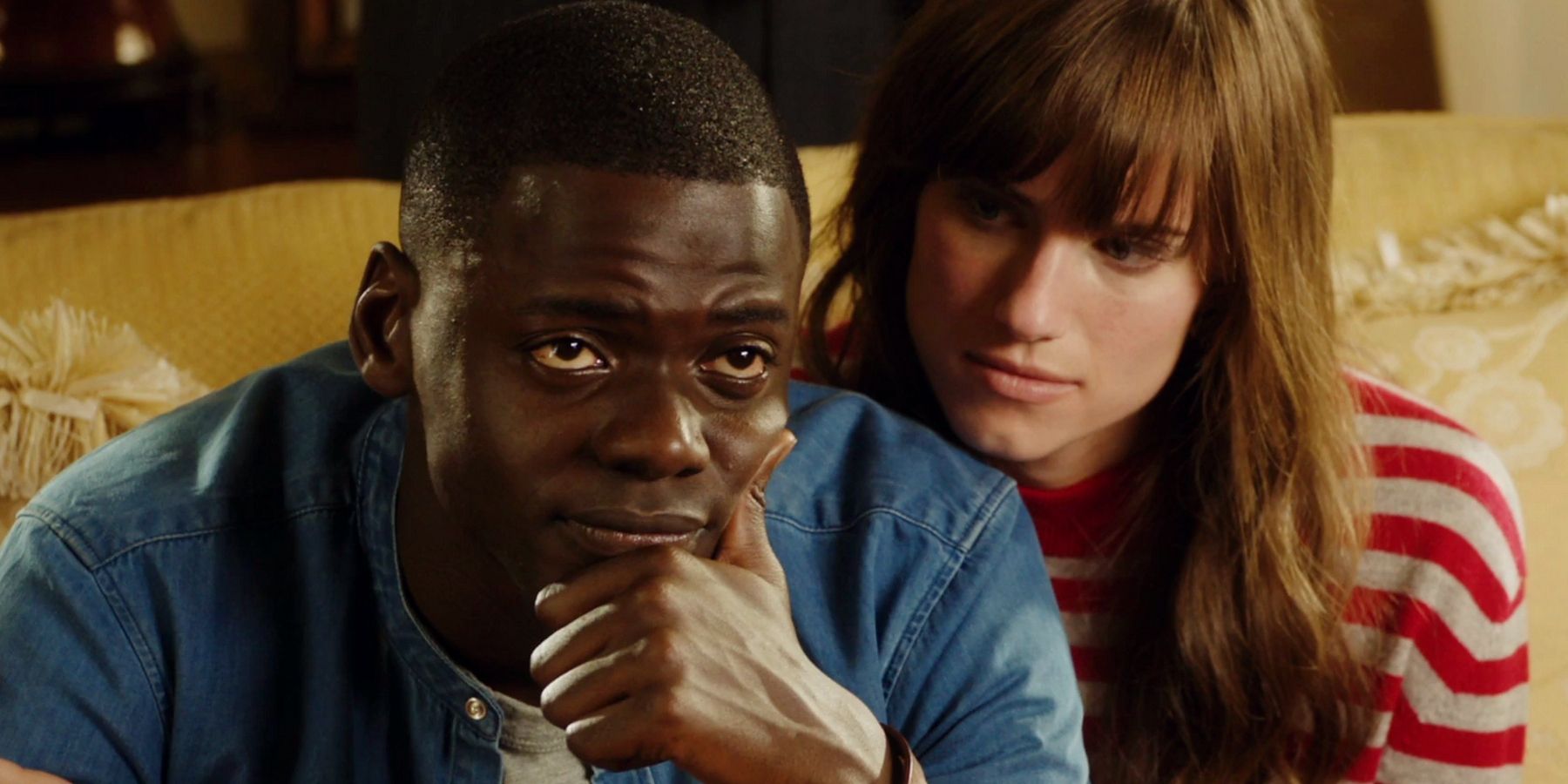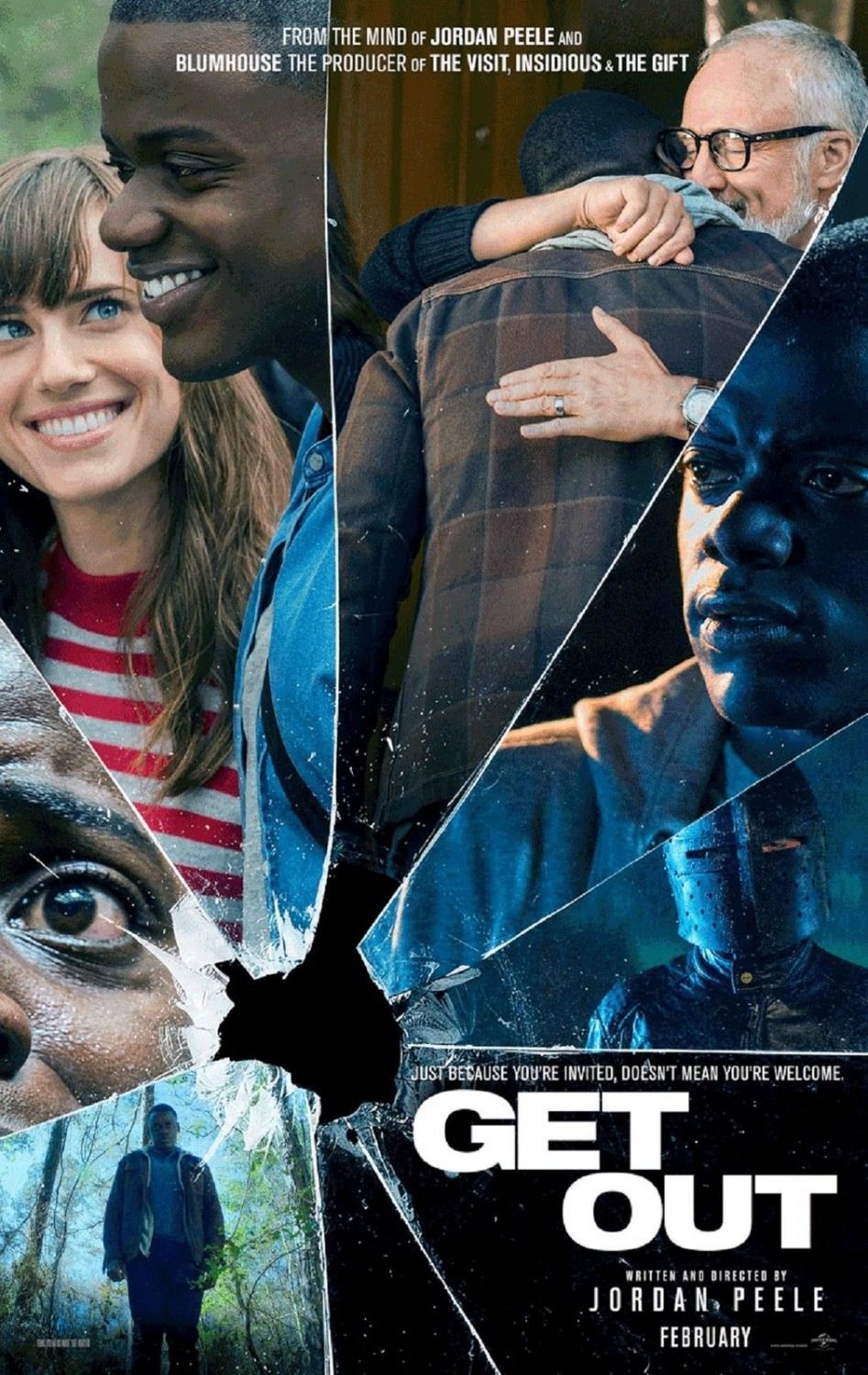Get Out star Allison Williams opens up about the film’s original ending. Starring Daniel Kaluuya, the film follows a Black man’s dark adventures when he visits his white girlfriend’s family, the Armitages, where he finds out that Black people are being kidnapped and put into a mental prison as the consciousness of other people are put into their bodies. The theatrical ending saw Kaluuya’s Chris turn out triumphant, escaping and killing the evil Armitage family before his friend Rod (Lil Rel Howery) finds him. The original ending was much darker, however, and saw Chris being found by the police instead, who then take him to prison.
Speaking with Comicbook.com while at New York Comic Con, Williams shared her feelings about Get Out’s original ending seven years later. She spoke to the societal reality of how a Black man over the dead body of a white woman would play out and that director Jordan Peele wanted the film to reflect the reality of the situation. However, when the film’s original ending was screened to audiences, viewers reacted negatively to it, finding the original ending too sad and real. Read her full comment below:
Well, it’s interesting because we all signed on to the movie with the original ending. It felt really honest, we live in America. If there’s a black man over a dying white woman’s body, and then there’s a house full of dead white people, we all kind of know how that’s going to go. And so, Jordan was pretty clear that he wanted the ending to speak to the truth of the situation.
It ended with the Lil Rel character basically trying to get any last bits of information that Chris could think of. Like what? What? Is there anything else? There was film in the camera and there were all these things. It was basically like Chris or Daniel Kaluuya kind of going back into the prison and being like, “It’s over now.” That’s good. Basically saying, “Yes, I’m in prison for the rest of my life, but I put an end to this thing that they were doing and that’s enough.”
What happened was that when we tested the movie, audiences went from like, “I’m at a ten out of ten this movie’s awesome,” to the ending, which was just like, “OOP!”. Everyone was like, ‘I feel so darkly sad, and this is too real.’ Basically, what Jordan realized, which is so brilliant, is that the light of two of the police lights on, Chris and Rose on me and Daniel created this reaction in the audience of the fear for him of what the presence of the police was going to mean for his future. You got the message of the long ending.
Then he’d read it, and he shot in just that moment with just those lights. And then, you had the release and the triumph of it being, Lil Rel showing up, and it was like, Rod was this savior. He had been the worried one the whole time. And it’s just such a perfect ending. People left the theater feeling triumph and happiness, instead of feeling deeply down. I think it helped create the life that the movie had. I mean, you can’t argue that it would have had the same life with the other ending.
What This Means For Get Out
It’s hard to pinpoint which Get Out ending would have worked better theatrically. The film currently holds a revered 98% Rotten Tomatoes score from critics and an 86% from the audience. It also performed well commercially, earning $255 million on a budget that was less than $5 million. Both endings have big things to say about racism in the United States, but the original ending, as William says, might have been too realistic for viewers, possibly making it too hard to digest.
I’m a fan of dark endings, so, naturally, I would have gravitated toward Get Out’s original ending. However, in this case, I prefer the theatrical ending because, while the original ending may be more realistic, seeing a Black man triumphant over an evil white family is much more deserving. It also ended up being not only a great piece of fiction, but a vital champion against the systemic racism rampant in America.
And
Get Out’s
theatrical ending was an ending that this nation needed, an ending that was thought-provoking and led to important conversations immediately and long after the credits rolled.
I also agree with Williams’ opinion that the theatrical ending still delivered the same message the original ending did. The patrol car’s lights flashing across Chris’ face are enough to instill that fear and expectation that Chris’ heroic feats are about to be misjudged and punished by the law. It’s a scary prospect that was perfectly presented by those red and blue lights. And Get Out’s theatrical ending was an ending that this nation needed as it was thought-provoking and led to important conversations immediately and long after the credits rolled.
Source: Comicbook.com


